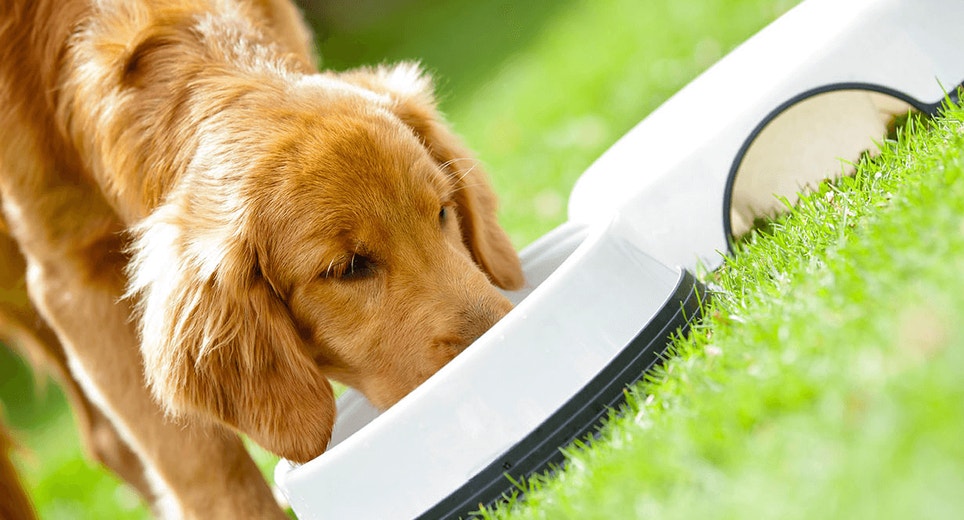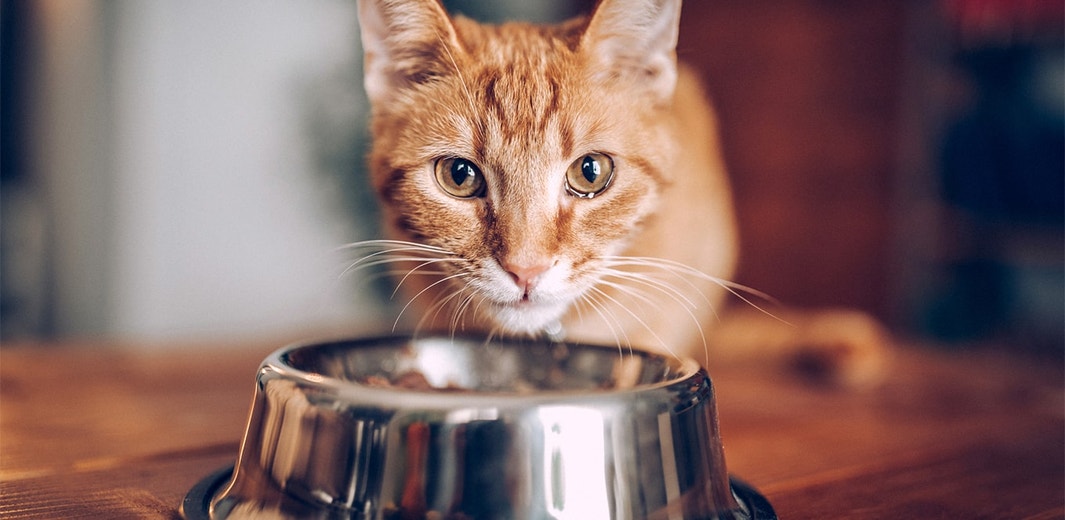
Factors Affecting Healthy Weight Maintenance
Healthy weight maintenance: nature or nurture?
When a pet eats more calories than they need, they’ll experience weight gain – simple right? Not exactly. There are many factors to consider when it comes to pets being able to maintain a healthy weight, some are natural and some are environmental. Read on to find out what affects our furry friends when it comes to keeping unwanted weight at bay.
BREED
Some dog breeds are more susceptible to weight gain than others, including Beagles, Bernese Mountain Dogs, Collies, Labrador Retrievers, Cairn Terriers and King Charles Spaniels.
GENETICS
While it's not fully understood, when it comes to our companions genetics might play a part in whether an animal becomes overweight. Even though certain breeds seem more prone to putting on a few pounds, there's still individual variation within a breed when it comes to their weight tendencies. This tells us it's not just about the breed, but a whole complex set of genetic factors when it comes to pets and healthy weight maintenance.
AGE
Just like us, as our pets get older the number on the scale could get bigger. Estimates suggest that 20% of dogs under 4 years old are overweight. This increases to 50% between ages 7 and 8. Cats are particularly at risk of weight gain during middle age, with one in three cats aged 6-8 being classed as overweight.
Gender and neuter status
Female dogs are more at risk of obesity than male dogs, but neutering increases the risk in both sexes. Neutering is a major risk for obesity in cats especially.
Pet-owner relationship
The bond between owners and pets has a big impact on their healthy weight. Some owners use food as a way to connect, when sometimes play is all that’s needed. Some treat their cats or dogs like little humans, but this can lead to obesity. Like when your pet hangs out during family meals – when you're cooking or eating – they tend to get extra treats on top of their regular meals and daily allowance.
Other owner effects
Pet obesity seems to be more common among owners who are over 55 years of age. And research shows that owners who have overweight pets are more likely to be overweight themselves. Sometimes, they might not even realize that their pet has a weight issue. Lifestyle matters too – if owners spend a lot of time at home and aren’t very active, their pet might follow suit and be at a higher risk of putting on extra weight.
Dietary Factors
When it comes to feeding cats and dogs, allowing them to eat freely – or ‘ad lib’ feeding – can lead to overeating and weight gain. Dividing their daily food allowance into multiple meals doesn't in itself cause weight gain, but surveys suggest that dogs who eat more than once a day are more likely to be offered extra calories, which all add up to unwanted pounds.
As well as their feeding pattern, the types of food offered affect weight maintenance. For instance, feeding them too many table scraps and human foods can make them more prone to weight gain. In fact, a recent study by the Pet Food Manufacturers Association (PFMA) found that feeding table scraps was one of the biggest contributors to pet obesity.
There's a belief that feeding a high-carbohydrate diet to cats might lead to obesity, but there's no solid evidence to back this up. Cats are unique in that they can handle a diet with relatively high fat content without raising cholesterol levels. However, it's essential to keep an eye on their calorie intake because high-fat diets can be more calorie-dense and overindulging in treats can also lead to weight gain.
Activity
There’s no doubt that regular physical exercise is crucial for preventing obesity. Dog owners are usually well-versed in providing their furry friends with regular walks and playtime as part of their daily care routine. But when it comes to cat owners, it's a bit different. Many cat owners might not think to initiate play sessions which can contribute to lower daily activity levels.
Indoor cats are more at risk of weight gain than their outdoor friends, mainly because they lead a less active lifestyle. However, even outdoor cats may need a little nudge to engage in enough physical activity to maintain a healthy weight.
Now you have the facts, it should make things easier when it comes to keeping your loved one at their happiest, healthiest weight.




